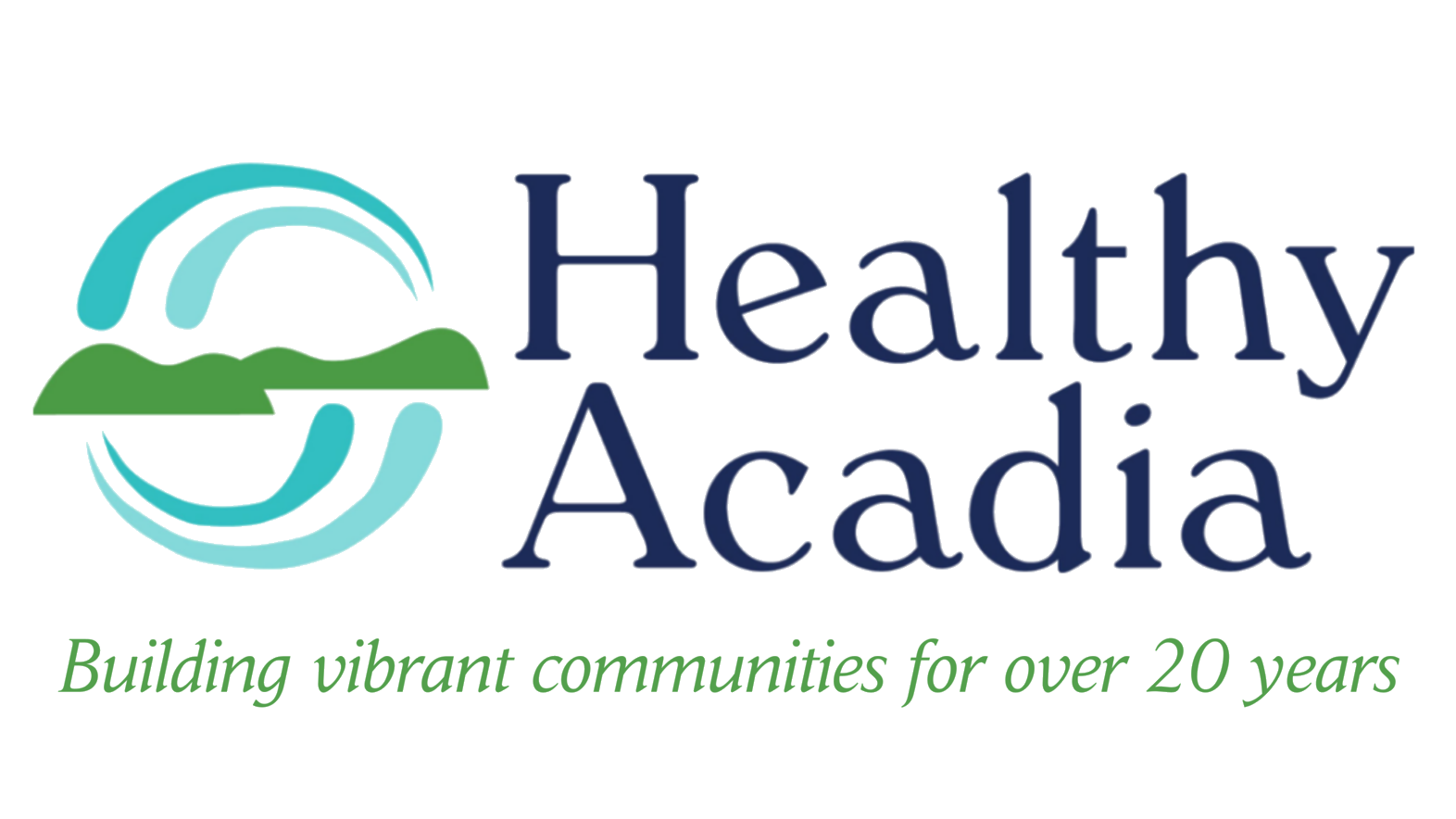Alcohol Consumption and Cancer Risk
February 4th is World Cancer Day, an annual campaign to raise global awareness about cancer prevention, detection, and treatment. Amidst the various risk factors contributing to cancer incidence, one often overlooked yet prevalent element is alcohol consumption.
According to the Centers for Disease Control and Prevention (CDC), the consumption of alcohol has been associated with more than ten different types of cancers. When we drink alcohol, our bodies break it down into a substance called acetaldehyde. This substance can cause damage to our DNA, which is like the instruction manual for our cells. When DNA gets damaged, cells can start growing out of control, potentially leading to cancer.
The correlation between alcohol and cancer underscores the importance of moderating alcohol intake. The CDC highlights several types of cancer where alcohol consumption significantly elevates risk, including cancers of the mouth, throat, voice box, esophagus, colon, rectum, liver, and breast (in women). Studies indicate that consuming three or more alcoholic drinks per day heightens the risk of stomach and pancreatic cancers. Even prostate cancer has shown associations with alcohol consumption.
All forms of alcoholic beverages—whether wine, beer, or liquor—contribute to this heightened risk. The quantity consumed directly correlates with the risk level, emphasizing the importance of moderation in alcohol consumption.
The 2020–2025 Dietary Guidelines for Americans advocate for responsible alcohol consumption. Adults of legal drinking age are advised to either abstain from alcohol or limit intake to two drinks or less per day for men and one drink or less per day for women. The guidelines strongly advise against alcohol consumption for individuals under the legal drinking age, pregnant women, those with health conditions exacerbated by alcohol, individuals engaging in activities such as driving, and those recovering from alcohol use disorders.
Alcoholscreening.org is a valuable tool to help you assess your drinking habits and understand any potential risks to your health. By answering a few questions on the platform, you can get personalized insights into safe drinking guidelines and how your current habits might impact your well-being.
If you find yourself drinking more than usual or are concerned about your alcohol consumption, visit alcoholscreening.org for free, anonymous, and confidential self-assessment tools and resources.
Prevention efforts supported by Maine CDC.
